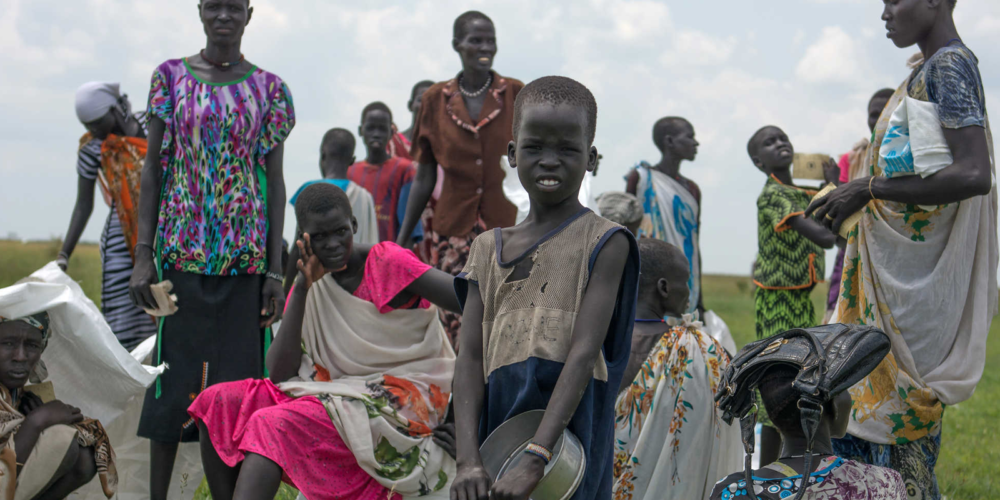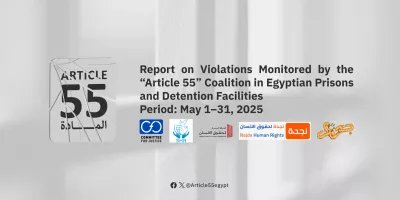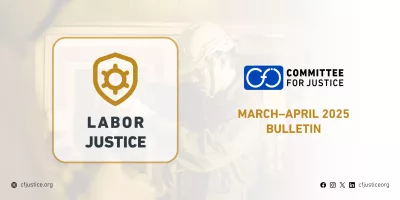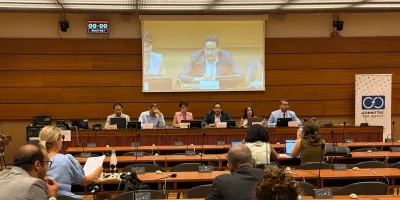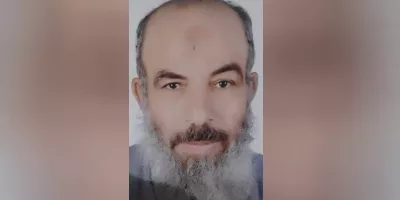Press release
Geneva – February 22, 2024
The UN Commission on Human Rights in South Sudan has stressed the pivotal role of human rights in guiding the completion of the country’s political transition. After concluding its twelfth visit to South Sudan from February 12 to 17, 2024, the Commission emphasized the need for careful navigation by South Sudan’s leaders to ensure a durable peace and prevent violence and gross human rights violations.
Chairperson Yasmin Sooka underlined the indispensability of establishing a unified national army and transitional justice processes to address the past and root causes of the conflict. Investigations by the Commission revealed that violence and gross human rights violations persist with impunity, disproportionately affecting women and children. Sooka emphasized the critical importance of security arrangements and an independent justice system, as outlined in the 2018 Revitalized Agreement, to prevent a return to conflict post-elections in December 2024.
Commissioner Barney Afako urged South Sudan’s leaders to resolve political and local conflicts, emphasizing the need to invest in state and nation-building rooted in respect for diversity and human rights protection.
During their visit to Juba, the Commissioners engaged with key figures, including the President, First-Vice President, cabinet ministers, legislators, civil society representatives, victims, survivors, human rights defenders, and journalists. They also met with international entities such as the Reconstituted Joint Monitoring and Evaluation Commission, the UN Mission in South Sudan, and diplomatic representatives.
Traveling to the Greater Pibor Administrative Area and Jonglei State, the Commissioners uncovered ongoing violent attacks along ethnic lines, leading to the abduction of women and children by heavily armed militias. Abductees endure forced marriage, brutal abuse, rape, and sexual slavery. The dysfunctional criminal justice system allows perpetrators to act with impunity, with negotiated ransoms serving as incentives for further abductions.
Commissioner Carlos Castresana Fernández highlighted the urgent need to address the lack of functioning rule-of-law institutions and emphasized the necessity of an independent referee to resolve potential electoral disputes peacefully.
While acknowledging South Sudan’s recent ratification of several core UN international human rights treaties, Chairperson Sooka underscored that implementing obligations under the International Covenant on Civil and Political Rights is crucial for opening civic and political space and protecting civil society actors and journalists.
The Commission is set to present its comprehensive report on the human rights situation in South Sudan to the UN Human Rights Council in Geneva in early March 2024. The world anxiously awaits decisive actions to safeguard human rights and ensure a stable, inclusive future for South Sudan.

